
Stepping into a used car dealership can often feel like entering a high-stakes game. You’re excited about a potential new ride, but that excitement is frequently tinged with a healthy dose of anxiety, wondering if you’re about to get a fair shake or fall victim to clever sales tactics. It’s a classic love-hate relationship for many Americans with car dealerships – appreciating knowledgeable staff but despising pressure tactics and dishonesty.
The truth is, car salespeople know you’re nervous about getting ripped off, and unfortunately, they’re often counting on it. This anxiety can make you vulnerable to their carefully crafted scripts, urgency tactics, and deflection techniques, all designed to close deals fast. But what if you could flip that script? What if you had the power to cut through the performance and force them to reveal their true intentions in under ten minutes?
That’s exactly what we’re going to arm you with today. We’ve gathered 15 simple, yet incredibly powerful questions — what we call ‘Killer Questions’ — that empower you, the buyer, to take control of your car deal. These aren’t just good questions; they’re deal-breakers that expose forced add-ons, hidden fees, rigged financing, and shady contracts *before* you sign anything. Keep this list handy, ask every question out loud, and watch as you save thousands and walk away with confidence.
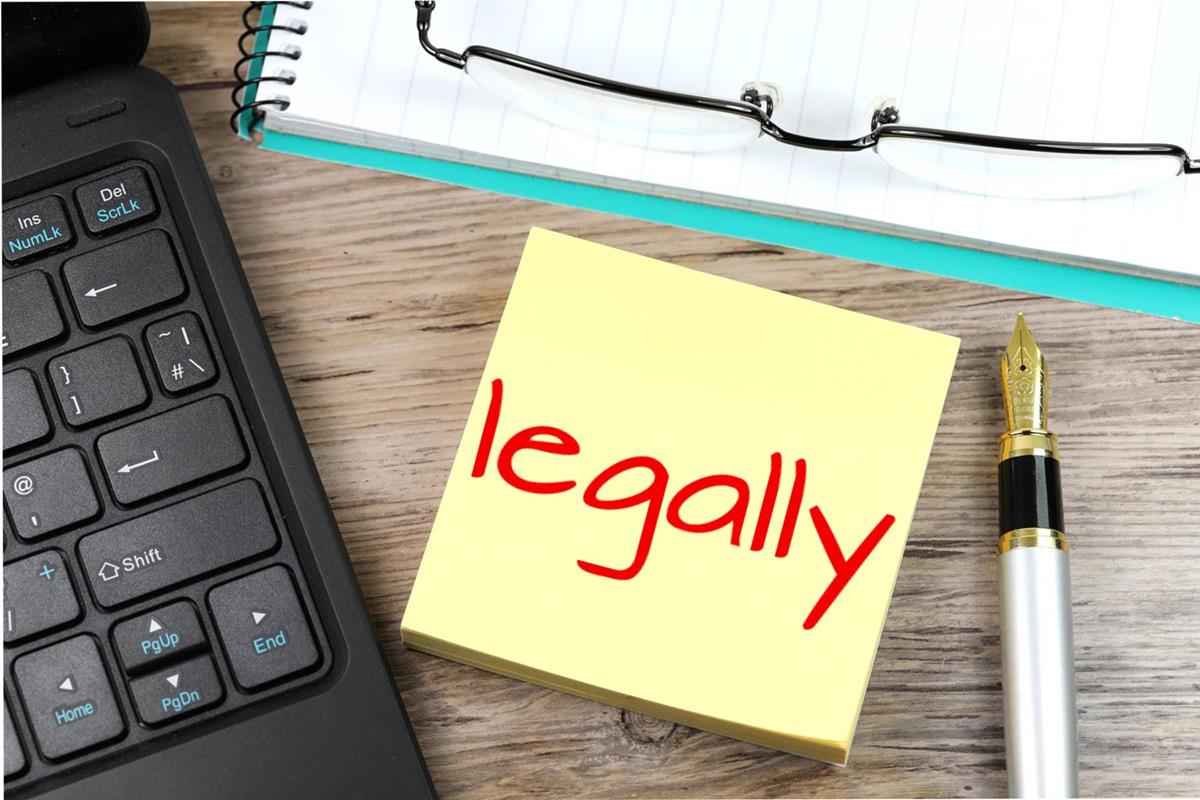
1. **Is that legally required?**This question is your ultimate trap-buster when faced with a dealer pushing something as mandatory. You might encounter situations where a salesperson insists that certain items like paint protection, VIN etching, or gap insurance *must* be purchased, or that you *must* sign documents such as an arbitration agreement. This immediate challenge puts the dealer on the defensive.
The importance of this question lies in its ability to immediately clarify the nature of these supposed requirements. If a dealer states that something is legally required when it isn’t, they risk committing fraud or violating consumer protection laws like TILA/UDAP. They simply cannot falsely claim something is mandated by law if they know it’s not.
Asking, “Is that legally required?” immediately shifts the burden of legal accuracy onto the dealer. If they choose to lie, they are creating a traceable paper trail of misrepresentation. This documented deception can become a crucial piece of evidence if you later need to seek rescission of the sale or pursue legal action, providing you with significant leverage.

2. **Is that product optional?**Never assume that any item or service presented to you is mandatory unless it is a clearly government-required charge, such as sales tax, registration fees, or title fees. Dealers often have a knack for bundling extra products or services into the deal in a way that makes them appear to be a standard, non-negotiable part of your purchase. They might present these add-ons as if they are simply part of the vehicle’s package.
This question is critical because it directly addresses deceptive bundling practices. Unless an item is explicitly state-mandated—like the aforementioned taxes or emissions testing fees—it absolutely must be an optional purchase. Dealers are not permitted to force you into buying additional products.
By asking, “Is that product optional?”, you force the finance and insurance (F&I) manager to be transparent. This simple query clarifies any items that might have been deceptively bundled into your agreement. It compels them to honesty, and if they refuse to acknowledge the optional nature of a product, they risk violating important consumer protection statutes such as the FTC Cooling-Off Rule and various ‘Tying’ laws.
Read more about: Beyond Human Hands: 10 Autonomous Robots Reshaping Industries by ‘Refusing’ Traditional Labor

3. **Can I see that in writing before I sign anything?**In the world of car sales, verbal promises, no matter how earnest they sound, are fundamentally worthless. It is an absolute golden rule: always, always get every single promise and detail of your deal in writing before you put your signature on any document. This isn’t just a recommendation; it’s a non-negotiable step for your protection.
Dealers, unfortunately, are notorious for making verbal assurances that they have no intention of honoring once the ink is dry. You might hear claims like, “We’ll fix that after the sale,” or “This rate includes all rebates.” These kinds of statements, if not explicitly documented in your contract, should be considered completely without value.
This question legally safeguards you by creating an undeniable record of the agreement. If a dealer refuses to put a specific promise or detail into writing, it’s a glaring red flag, often indicating that the claim itself is false or that they don’t intend to uphold it. Written proof stands as your ultimate defense and evidence should you ever need to file complaints or pursue a rescission of the sale later on.
Read more about: Are You *That* Guest (Or Host)? Uncovering 12 Party Blunders That Secretly Annoy Everyone!
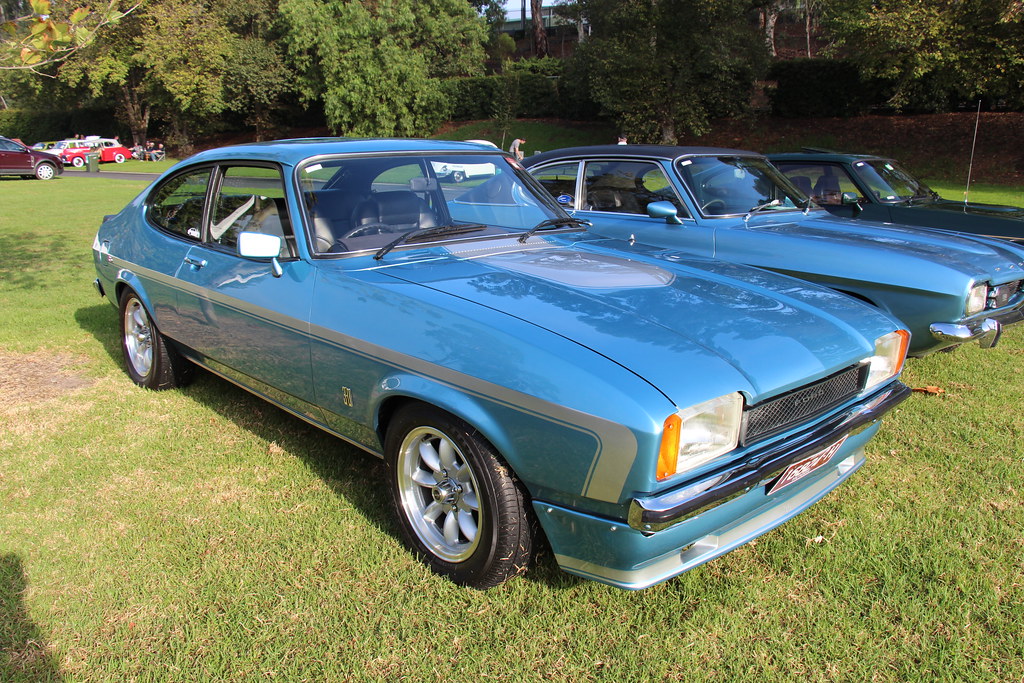
4. **Can I remove this add-on?**This is a straightforward, powerful question that serves as an immediate litmus test for the dealer’s honesty and adherence to legal selling practices. If, in response to your query, the dealer emphatically tells you “no,” then your clear course of action should be to walk away from that deal. There should be absolutely no compromise on this point.
The reason this question carries such weight is profound: all dealer products, without exception, must be optional purchases and not compulsory items tied to the sale of the car itself. If a dealership asserts that an add-on cannot be removed, this stance can constitute a direct violation of federal tying regulations and deceptive trade practices statutes.
When you ask, “Can I remove this add-on?”, you are actively exposing potential instances where a product is being illegally tied to the primary sale of the vehicle. A “no” answer provides you with significant ammunition. It not only empowers you to confidently walk away from a shady deal but also gives you a documented basis to potentially take legal action if the situation warrants it.
Read more about: Spill the Beans! Subway Workers Reveal the 14 Sandwich Builds and Customer Habits They Secretly Dread (and What You Should Order Instead)

5. **Is that fee a dealer fee or a government fee?**When reviewing your potential car purchase, it is absolutely essential to demand a crystal-clear separation between legitimate, government-mandated taxes and fees, and what are often cleverly disguised as “junk dealer fees.” Without this distinction, you could easily be paying for charges that offer no real value and exist purely to inflate the dealer’s profit margin.
Dealers frequently try to mask these unnecessary junk fees by using terminology that sounds official and governmental. They might employ phrases such as “processing fee” or “doc fee,” which deliberately mimic the language typically associated with legitimate state or federal charges. This semantic trickery is designed to confuse you and make these extra costs seem unavoidable.
Asking, “Is that fee a dealer fee or a government fee?” immediately brings a crucial layer of transparency to the transaction. If, in their response, the dealer falsely claims that a particular fee is mandatory when it is, in fact, a discretionary dealer charge, they have unequivocally ventured into the territory of Unfair and Deceptive Acts and Practices (UDAP). In essence, you’ve just caught them in an attempt to mislead you.

6. **What’s the out-the-door price, including all fees?**Never make the mistake of settling for just the advertised sale price of a vehicle. That number, on its own, means almost nothing in the grand scheme of your total expenditure. To truly understand what you will pay, you need to always work with the actual total, which is known as the “out-the-door” (OTD) price. This is the complete cost you will pay to drive the car off the lot.
The sale price is merely the starting point; it’s just the beginning number. Savvy dealers can, and often do, stack thousands of dollars in various fees, packages, and hidden charges *after* that initial price is presented. Without demanding the OTD price, you’re essentially agreeing to an unknown final bill, leaving yourself vulnerable to these additional costs.
Requesting the OTD pricing forces an immediate level of honesty and transparency from the dealership. It provides you with a definitive, all-inclusive number, which is invaluable for making real comparisons between different dealers and their offers. If a dealer resists providing you with an itemized OTD quote, especially in writing, it’s a strong indicator they are hiding something. They are aware they could put themselves in legal jeopardy by committing to a bottom-line number in writing, which is why many resist doing it.

7. **Why is the interest rate higher than what I qualify for?**This question directly challenges one of the dealership’s most significant profit centers: the back-end finance reserve. Many buyers assume the interest rate they’re offered is the best available, but often, the dealer has marked it up for their own gain. This is a critical area where thousands of dollars can be added to your total cost without you even realizing it.
The back-end finance reserve is essentially a hidden spread. It’s the difference between the actual interest rate at which the bank approves your loan and the higher rate that the dealer ultimately presents to you. Dealers earn a commission on this difference, meaning the higher your interest rate, the more profit they pocket from the lending institution.
Consider a real example from the industry: a bank approves you for a favorable rate of 5.9%, but the dealer sells you the loan at 8.9%. In this scenario, the dealer stands to pocket the entire 3% difference over the entire life of the loan. This can amount to thousands of dollars in extra profit for them, even if you have excellent credit. This question puts them on the spot and demands an explanation.
Read more about: Unlocking the Road Ahead: The 14 Top States for Classic Car Registration and Unbeatable Low Annual Fees
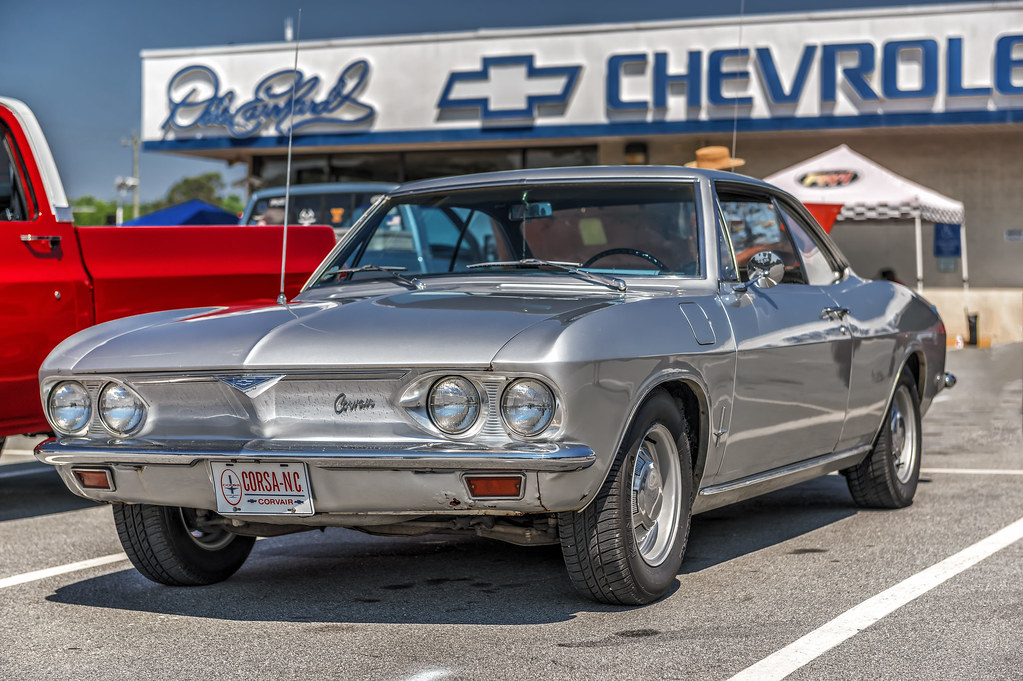
8. **Is there a prepayment penalty on this loan?**When securing financing for your car, it is vitally important to confirm whether your loan agreement includes a prepayment penalty. This simple question ensures that you retain the flexibility to pay off your loan earlier than scheduled without incurring any additional, unwelcome charges. Financial freedom in loan management is a key aspect of smart buying.
Understanding if a prepayment penalty exists truly matters because some unscrupulous loan agreements are specifically designed to penalize you for early repayment. This type of clause effectively traps you in a high-interest situation for a longer duration than necessary, forcing you to pay more in interest over time even if you have the means to settle the debt sooner.
By asking, “Is there a prepayment penalty on this loan?”, you are actively protecting your financial autonomy. This inquiry is incredibly effective at flushing out potentially abusive loan terms that are, all too often, not disclosed upfront or are buried deep within the fine print of complex contracts. Knowing the answer allows you to make an informed decision about your loan and avoid being locked into unfavorable conditions.
Navigating Advanced Dealership Tactics: Uncovering Hidden Costs and Protecting Your Rights
Having established the foundational questions to tackle initial transparency and financing fundamentals, it’s time to equip yourself with an even sharper set of inquiries. These next questions delve deeper into the intricate layers of dealership operations, designed to expose hidden costs, differentiate between various incentives, and safeguard your legal autonomy. They arm you against sophisticated tactics that can quietly erode your savings and compromise your rights.
Ready to become a master negotiator and walk away with the best possible deal? Let’s continue our journey through the essential ‘Killer Questions’ that put you firmly in the driver’s seat of your used car purchase.

9. **Is that the manufacturer rebate or a dealer discount?**When a salesperson boasts about impressive savings, it’s crucial to understand where those reductions are truly originating. Shady dealerships often attempt to double-count incentives, presenting manufacturer rebates as if they are generous dealer discounts. This tactic is designed to make you believe the dealer is offering a significant reduction from their own profits.
Dealers actively engage in this ‘double-dipping’ by leveraging factory incentives, yet framing them as unique offerings from their own establishment. They pocket the original incentive while simultaneously taking credit for the price drop. This misrepresentation falsely casts the dealer in a more positive light, making you feel more indebted to them for a ‘deal’ that was never truly theirs to give.
Asking, “Is that the manufacturer rebate or a dealer discount?” forces an immediate separation of these contributions. This simple query compels the dealer to clarify whether the savings are coming from the factory or from their own margin. You gain a much clearer picture of the real savings, allowing you to accurately assess where the actual discount is originating and preventing you from being misled about the dealer’s generosity.

10. **What lender is this loan through?**Understanding the source of your loan is paramount to ensuring fair financing terms and protecting your financial interests. Many buyers unknowingly allow dealerships to shop your credit with multiple lenders without full disclosure of who those lenders are or the specific rates they offered. This opacity creates an environment ripe for hidden rate manipulation.
Dealers frequently keep a ‘back-end finance reserve,’ which is the difference between the interest rate a bank approves you for and the higher rate they present to you. They profit from this spread. Without knowing the actual lender, it becomes incredibly difficult to verify the legitimacy of the offered rate or to understand how much profit the dealership is making on your loan. This lack of transparency can cost you thousands over the life of the loan.
This question directly challenges potential hidden rate manipulation. By knowing the specific lender, you can directly compare the dealership’s offer against rates from direct lenders you may have pre-qualified with, such as your local bank or credit union. This knowledge empowers you to call out any discrepancies and ensures you’re securing the most competitive and transparent financing available.
Read more about: Oops! 10 Cars Drivers Confess They Wish They Could ‘Unpurchase’ – And How You Can Avoid Their Regrets
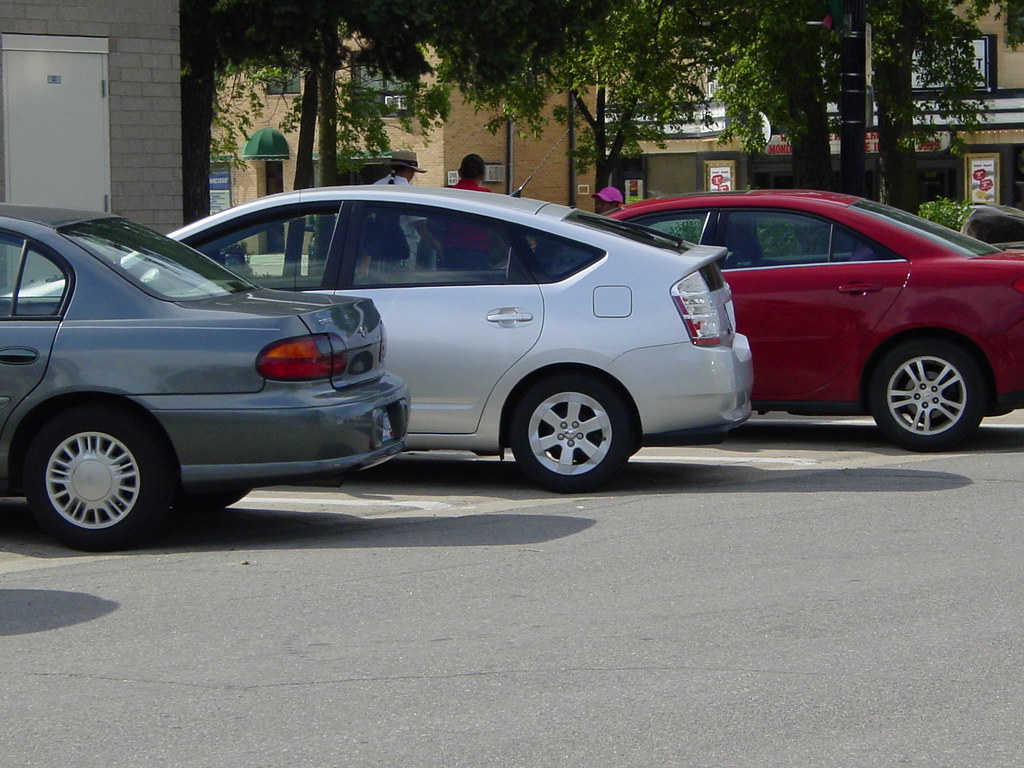
11. **Can I see the invoice or dealer cost?**This is undoubtedly one of the most challenging questions for a dealer to answer, and it often makes them remarkably uncomfortable. While they will almost never actually say “yes” to this request, the sheer act of asking it can be incredibly powerful. It immediately signals that you are an informed and savvy buyer, not easily swayed by surface-level pricing or typical sales jargon.
Asking to see the invoice or dealer cost applies significant psychological pressure. It shows you’re not falling for their standard MSRP games or accepting prices at face value. This unexpected query disrupts their usual sales script, forcing them to reconsider their approach and acknowledge that they are dealing with a buyer who understands the nuances of car pricing.
Even if the answer is a firm “no,” this question subtly weakens their negotiating stance. By demonstrating your awareness of their internal costs, you effectively communicate that you understand the margin they’re working with. This insight makes it harder for them to justify inflated prices and can subtly nudge them towards a more reasonable offer, even without seeing the actual document.
Read more about: Dashboard Disappointment: 7 Hard Truths Why Luxury Cars Often Fail to Live Up to the Hype for Owners

12. **What’s the money factor on this lease?**For those considering leasing a vehicle, it’s a common mistake to focus solely on the monthly payment. However, the monthly payment alone does not tell the full story of your true leasing cost. Dealers often obscure a critical component known as the “money factor,” which is essentially the interest rate on a lease, making it difficult for you to assess the real financial burden.
The money factor is a decimal value that represents the financing charge for your lease. Dealers frequently hide this figure or present it in an opaque manner, allowing them to pad the lease agreement with additional profit without your full awareness. By not disclosing this, they can mask higher financing costs and make the lease seem more attractive than it actually is, solely based on a palatable monthly payment.
By explicitly asking, “What’s the money factor on this lease?”, you compel the dealership to disclose the true cost of borrowing on your lease. This question forces transparency and blocks a common source of dealer profit padding. With this information, you can accurately compare lease offers, negotiate more effectively, and ensure you’re not overpaying for the privilege of driving a leased vehicle.

13. **Can I take this contract home and review it first?**The pressure to sign a car contract quickly is a well-known tactic in the automotive industry. Dealers often create a sense of urgency, implying that delays could jeopardize the deal or that other buyers are waiting. This rush is designed to prevent you from thoroughly scrutinizing the complex legal document and noticing any errors, hidden fees, or unwanted add-ons that might have been slipped in.
This pressure to sign immediately is a red flag, as stated in other warning signs from the context. It’s an attempt to exploit your excitement and prevent careful consideration. Many dealerships are counting on you being too overwhelmed or eager to read every line of the dense paperwork. They know that once your signature is on the dotted line, challenging any unfavorable terms becomes significantly more difficult.
Asking, “Can I take this contract home and review it first?” immediately slows down the entire process. This provides you with invaluable time to calmly read every clause, identify any discrepancies, or even share it with a trusted advisor, an attorney, or car-buying experts like The Homework Guy team for an objective opinion before committing. This simple request is a powerful shield against rushed, ill-informed decisions.
Read more about: Unmasking the Deception: 9 Car Dealer Lies You Need to Know Before Buying Your Next Vehicle

14. **Is this arbitration clause legally optional? Can I strike it out?**Buried deep within many car contracts, often overlooked by hurried buyers, is an arbitration clause. Many consumers are unaware that signing such a clause often waives their right to sue the dealership in court if a dispute arises. Instead, you would be forced into an arbitration process, which can be less favorable to consumers and is often not legally required for the purchase.
Finance officers, unfortunately, have been known to perpetuate a significant falsehood: claiming that a banker will not provide financing if you refuse to sign the arbitration agreement. This is a huge lie, as the arbitration agreement is solely between you and the dealer, not a condition set by the lending institution. This deceptive practice is designed to strong-arm buyers into surrendering their legal rights without understanding the implications.
By asking directly, “Is this arbitration clause legally optional? Can I strike it out?”, you bring this critical provision into the light. This question empowers you to stop forced arbitration, preserving your right to pursue legal action in a courtroom if necessary. If a dealer insists it’s mandatory when it is not legally required in your state, they may be breaking the law, providing you with powerful leverage.
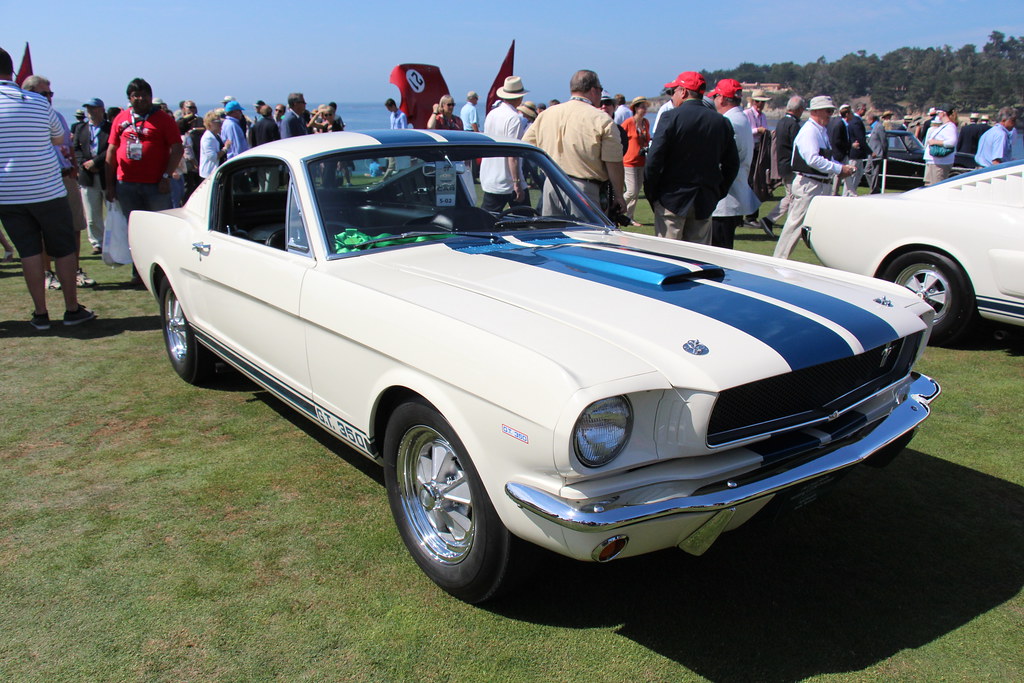
15. **If I say no to this product, will you still sell me the car?**This question acts as a definitive litmus test for illegal sales tying practices, which are explicitly prohibited in many states and potentially violate federal regulations. Tying occurs when a dealer makes the sale of the desired vehicle conditional upon the purchase of an additional, often unnecessary, product or service, like an extended warranty, paint protection, or VIN etching. This is a direct attempt to force you into spending more money.
If the dealer responds with a definitive “no,” indicating they will not sell you the car unless you agree to buy the additional product, you have just uncovered a clear instance of illegal tying. This response is a major red flag, exposing a blatant disregard for consumer protection laws. It confirms their intent to leverage the car sale to push unwanted extras for their own profit, rather than offering products based on your genuine need.
Receiving a “no” to this question provides you with documented grounds for action. It gives you a strong legal opening to file complaints with consumer protection agencies, cancel the sale, or even demand a refund if the transaction has already taken place under duress. This final killer question ensures your autonomy as a buyer and puts the power back in your hands, allowing you to walk away from unethical practices with confidence.
Read more about: Are You Driving a ‘Clown’ Car? The 5 Minivans That Crash in Resale Value
Mastering these questions isn’t about confrontation; it’s about control. As we’ve explored these 15 critical inquiries, you’ve learned to peel back the layers of sales tactics, exposing hidden costs and protecting your rights. Remember, your calm demeanor paired with a clear, direct question is your most potent tool. Print this list, bring your confidence, and ask every question without hesitation. Their reactions will be your most telling guide. If they push back, deflect, or grow uncomfortable, that’s your undeniable signal to either walk away or consider filing a legal complaint. Buying a car is a significant financial decision, and smart buyers win by being informed, assertive, and unwilling to be rushed or misled. Don’t ever let anyone push you or rush you. The power to save thousands, and drive away with true confidence, rests firmly in your hands.


